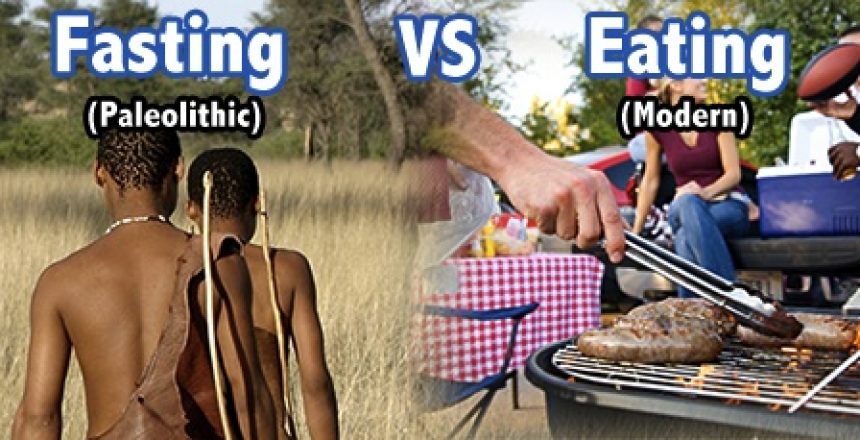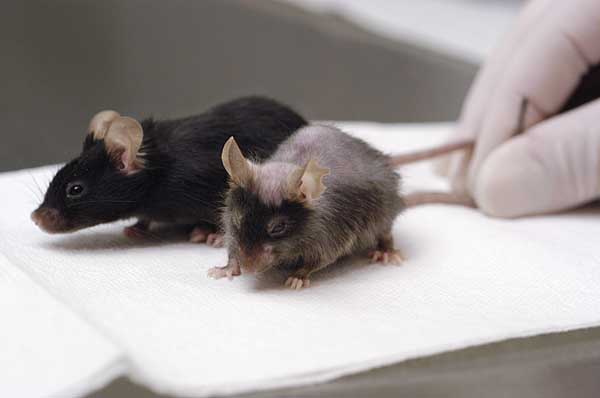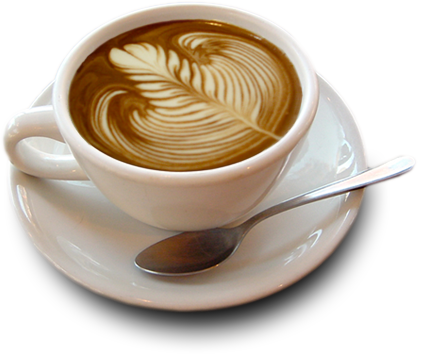I’ve previously written about fed vs fasted workouts, and why you might want to choose one over the other. The short answer is that for fat loss, one should consider a fasted workout, and for muscle gain, a fed workout. These are not hard and fast rules of course.
Recently I wanted to shed a few fat pounds, and did so to the tune of 7 lbs worth by a combination of intermittent fasting and fasted workouts. I haven’t had a DEXA scan or anything, but since I’m lifting the same weights for the same reps and sets, I figure most of the loss was fat, not muscle. In theory, that’s what should happen, since I didn’t reduce my protein intake and kept up my regular gym schedule, and it would be very unusual to lose muscle under those conditions.
Fasting helps fat loss by lowering insulin
One reason that exercise combined with fasting results in fat loss is that, when fasting, insulin levels are low, and even slightly higher insulin levels abolish lipolysis, the breakdown of fat molecules. Small reductions of insulin, even within the normal physiological range, causes a large increase in lipolysis.
With all this in mind, it was interesting to see a study that looked at the combined effects of fasting and exercise on fat loss: “A “mini-fast with exercise” protocol for fat loss”. (Medical Hypotheses. Full paper here.)
The protocol used for the study was basically your standard 16-hour fast with an 8-hour feeding window. Breakfast is skipped, although the study allowed the participants to skip any meal of their choosing. The fast was done daily.
Where the study differs is that the participants exercised during their fast, and then did not eat until their next scheduled meal. The most common exercise the participants engaged in was brisk walking – this was nothing very intense at all, so just about anyone could do it.
This was an informal study: no control group, participants were allowed to choose the type of exercise they wanted, and after an initial lecture, no one was monitored.
In 12 weeks, average fat loss was 7.4 kg (16 pounds), which was about 25% of baseline body fat. Remarkably, it looks like the subjects gained lean mass to the tune of a couple kilograms. Insulin levels dropped by 25% as well; this is key to the lipolytic effect of exercise.
Does exercise help fat loss?
If you have a long memory, you may be wondering about what I’ve written previously to the effect that exercise doesn’t help weight loss, and honestly I’m wondering too. For one thing, this study featured both fasting and exercise. While the participants were not limited in their food intake during the fed state, they were encouraged to eat low-fat foods, so caloric intake may have dropped substantially.
The main reason that exercise may have helped or caused weight loss here is because it was done in the fasted state, increasing lipolysis. So I think it’s still true that exercise, in and of itself, does little for weight loss unless combined with diet and/or fasting.
Autophagy, hydroxycitrate, and appetite suppression
Of great interest to me was that the authors suggest the use of the OTC weight-loss aid hydroxycitrate as an appetite suppressant during the fasting phase. Hydroxycitrate profoundly increases autophagy, and thus boosts the effects of intermittent fasting. It also curbs appetite and decreases fatty acid synthesis.
This program, besides causing weight loss, has the potential to improve health dramatically. The use of fasting together with an intermittent fasting booster hydroxycitrate, and combined with exercise, also resembles some of the program in my book, Stop the Clock, accentuating the normal rhythms of breakdown and renewal to slow aging. Lower insulin levels seen in the participants indicate that this program has the potential for anti-aging.















5 Comments
Out of interest, have you used ketosticks during your fat loss period? I’ve used them while fasting but measuring ketone content in urine seems to be a somewhat crude measure for lipolysis. It’s slow to engage in my experience, often lagging fat loss.
Regarding exercise and weight loss, I think a key point is that exercise increases appetite. So if you can eat what you want you’ll just eat a bit more, and maintaining a CR diet is difficult. When fasting this doesn’t apply, so whatever extra caloric expense is generated by exercise will be fully translated into fat loss.
Chris, I’ve used them on occasion, sometimes they showed ketosis, at other times when I thought I would have been in ketosis, strips were negative. It seems that, like you, I can lose fat with the ketosticks being negative.
I agree with your statement about exercise and eating. That’s possibly why academic studies tend to show that exercise doesn’t help weight loss.